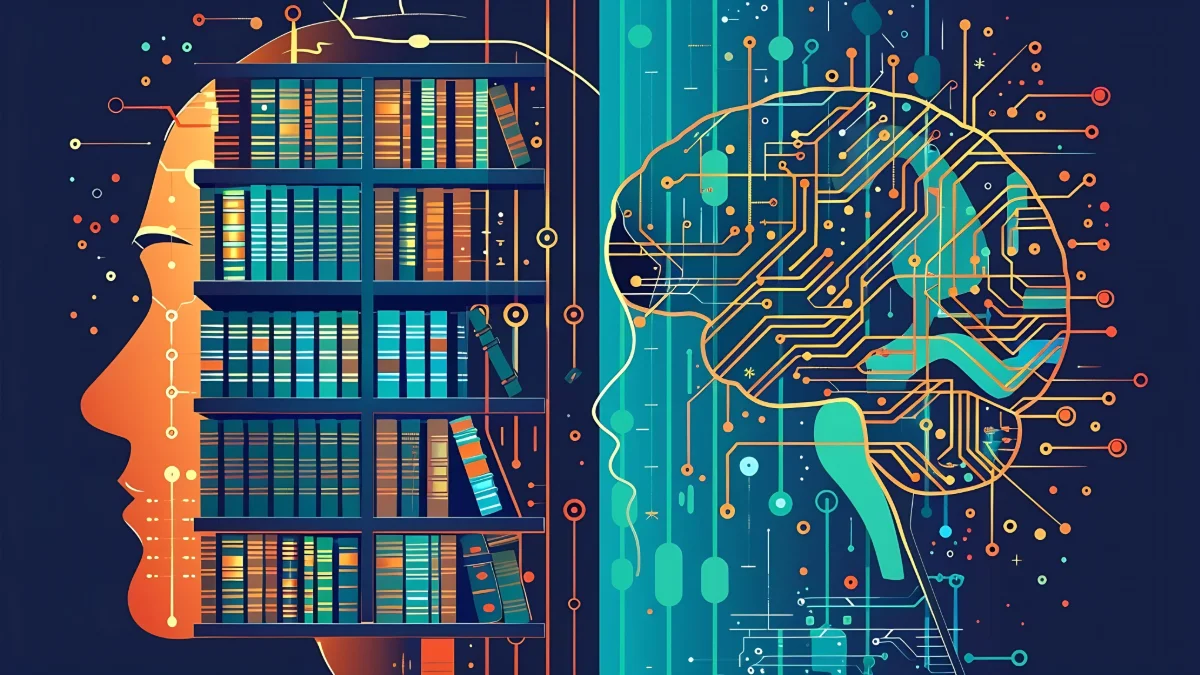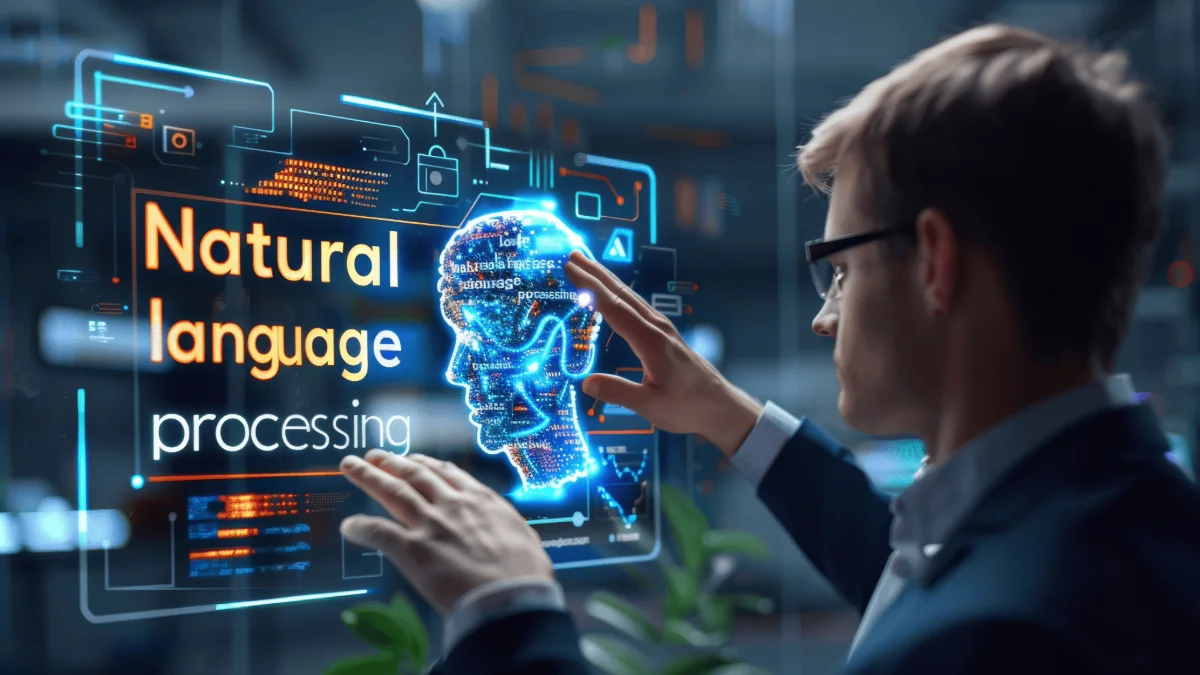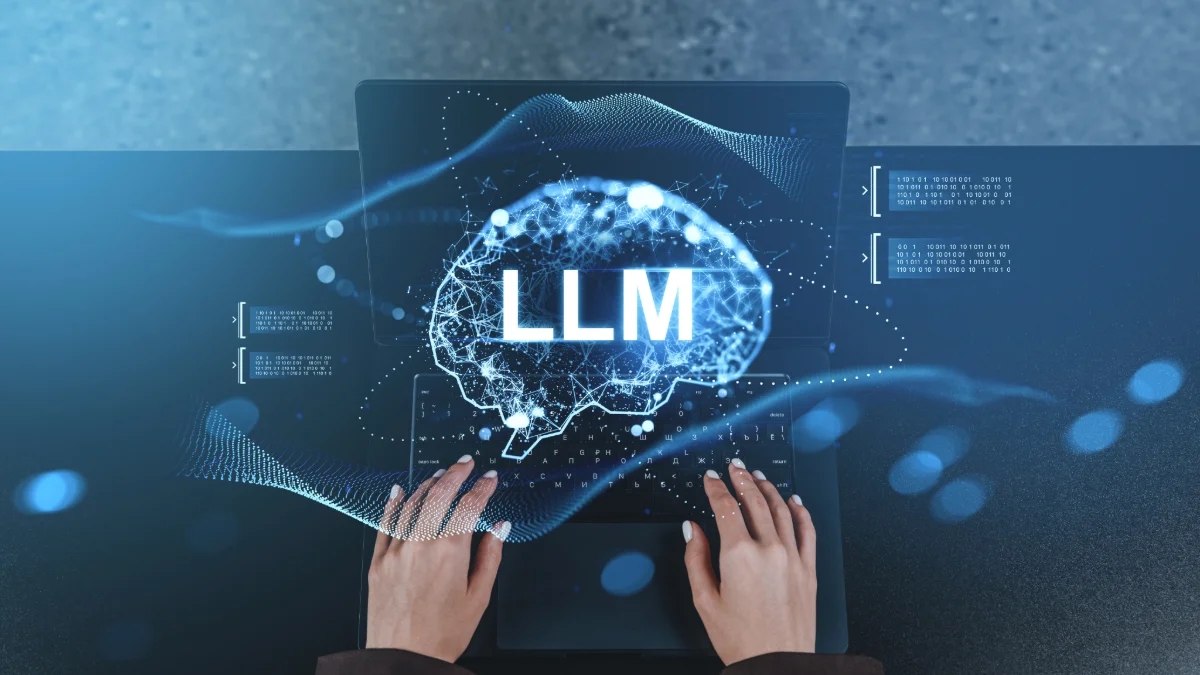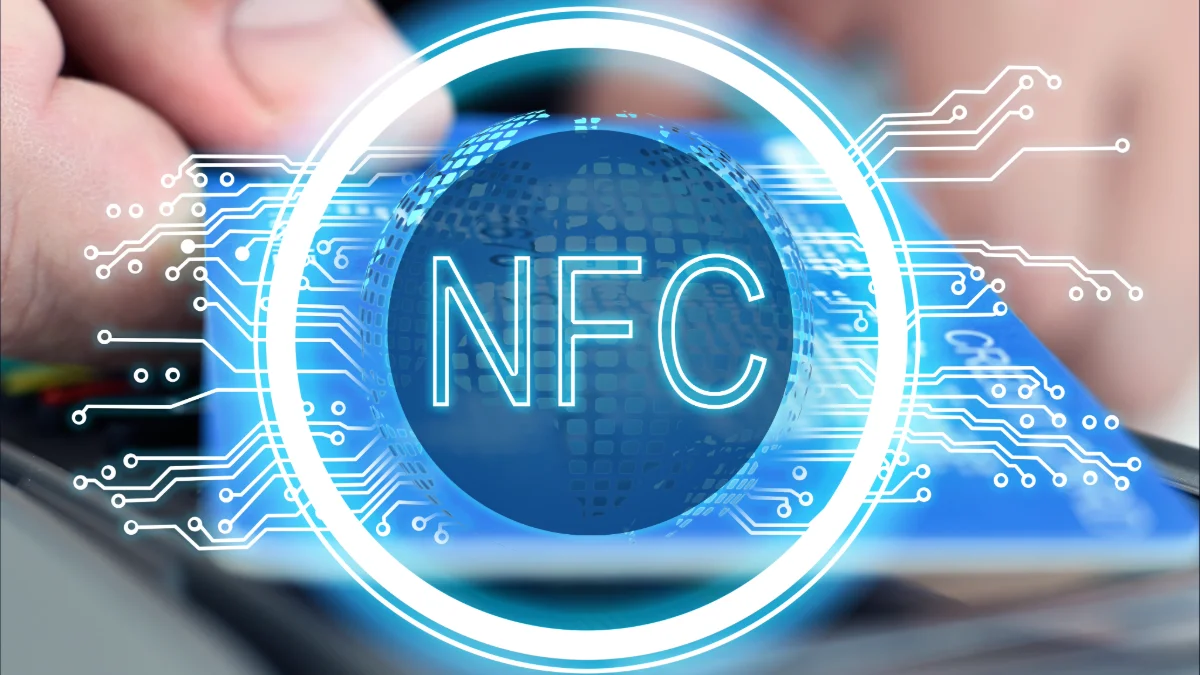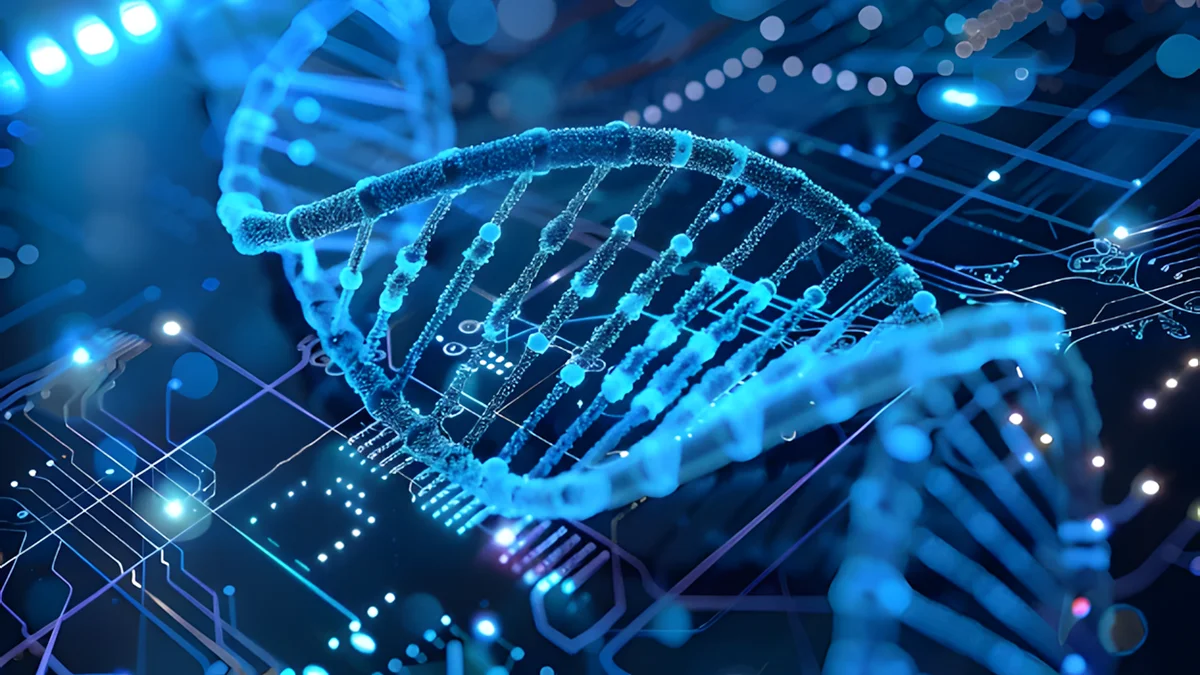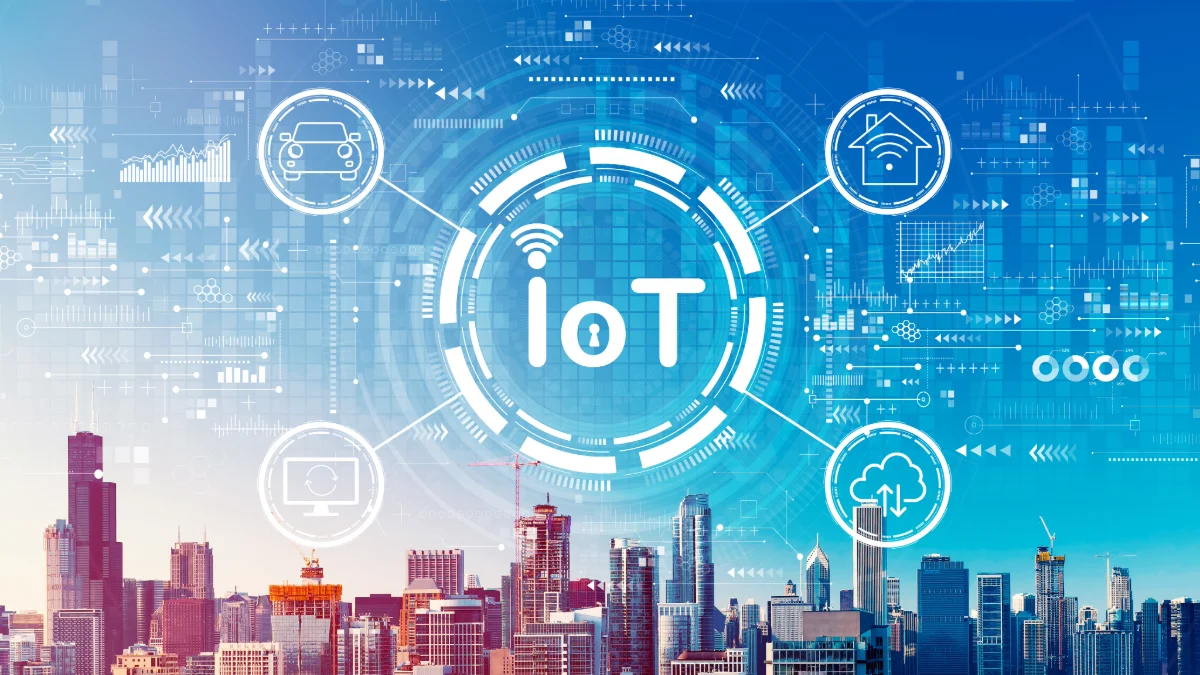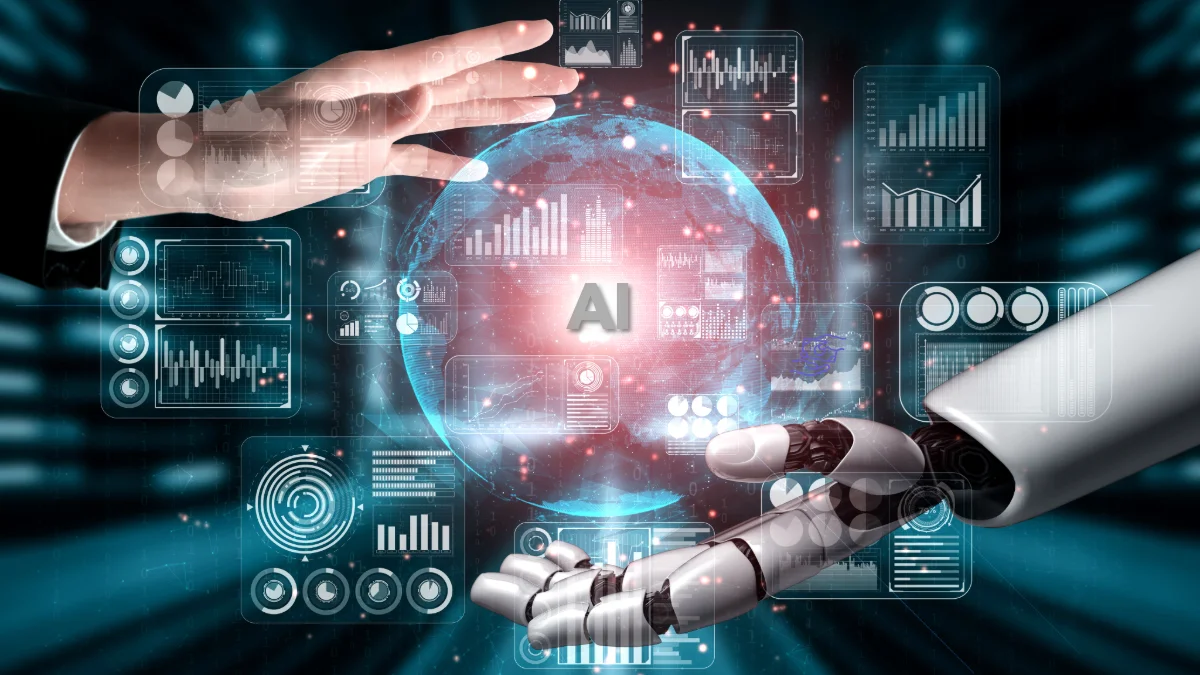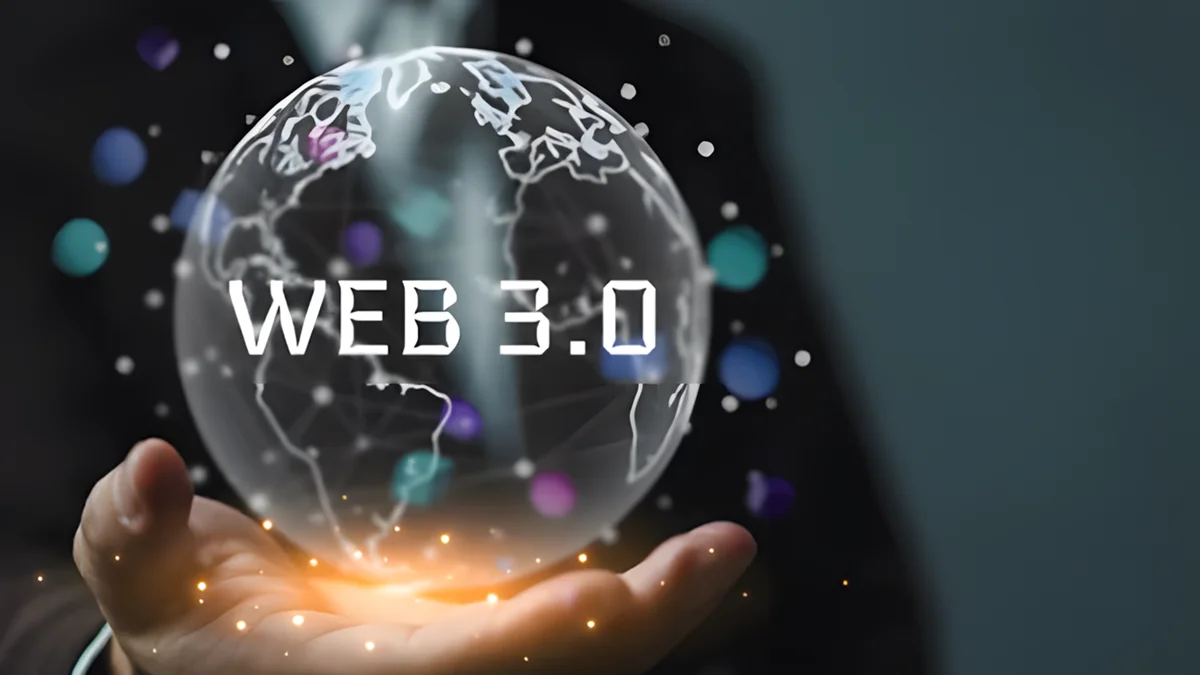What Are the Jobs of the Future?
As digital transformation accelerates and new advancements in artificial intelligence emerge every day, the business world is undergoing a major shift. Companies taking new steps in their digital transformation journeys, along with cloud and artificial intelligence technologies, are reshaping not only existing operational models but also the definitions of future professions. Following this transformation closely is crucial both for companies gaining a competitive advantage and for employees aiming for sustainable career success. So, what are the jobs of the future, and which sectors will gain greater significance? Let’s take a closer look at the answers!
Driven by rapid developments in artificial intelligence, future professions in 2025 and 2026 have become a major topic of curiosity. While many people perceive AI as a threat to their jobs, others see it as an opportunity to advance their careers. In reality, the most critical step for those who want to be part of the professions of the future is not just to follow the change, but to help shape it. Here are some of the professions expected to stand out in the coming years:
Artificial Intelligence Engineering
When considering future professions in Turkey and worldwide, careers in artificial intelligence immediately come to mind — and AI engineering is among the most prominent. AI engineering focuses on developing systems capable of mimicking human intelligence. Professionals in this field design intelligent algorithms using disciplines such as machine learning, deep learning, natural language processing, and data science. The goal is to enable machines to learn, analyze, and make decisions.
Game Development
The digital entertainment sector has become one of the world’s fastest-growing industries in recent years. Even when we talk about jobs of the future 10 years from now, careers in entertainment are expected to remain highly valuable. Game development represents the process of turning an idea into an interactive digital experience — requiring collaboration across multiple specialties from scriptwriting and design to programming and testing.
Data Analytics
Organizations now gain competitive advantage through data-driven strategies. This makes data scientists and data analysts two of the most critical professions of the future. A data analyst collects, cleans, and analyzes data to generate reports that support decision-making. A data scientist goes a step further by using machine learning and AI models to make predictions and develop algorithms to solve complex data problems.
Renewable Energy Engineering
Climate change and environmental sustainability are driving a major transformation in the energy sector. The transition from fossil fuels to clean energy sources is shaping not only the global economy but also business priorities. At the heart of this transformation are renewable energy engineers, who design, implement, and optimize energy production systems using natural and sustainable sources — aiming to achieve maximum efficiency with minimal environmental impact.
Online Learning Content Development
The rise of digitalization and online learning solutions has opened the door to new career paths in the education sector. Remote learning content developers will continue to shine in the future. These professionals design learning experiences for digital platforms using videos, animations, interactive content, and online assessments, ensuring accessible, engaging, and effective education for students or employees.
Drone Operation
Drone operators are professionals who carry out data collection, observation, and logistical operations using unmanned aerial vehicles. Drone technologies play a critical role in sectors such as agriculture, construction, energy, security, media, and logistics.
Digital Marketing Expertise
Digital marketing — already one of the most sought-after careers — is set to remain highly relevant in the future. A digital marketing specialist develops strategies to enhance brand visibility online, engage target audiences, and achieve marketing and sales goals. It includes SEO, social media, content marketing, email campaigns, and digital advertising. Even when discussing future professions in 2030, digital marketing expertise will remain essential as long as the digital world exists.
Digital Content Creation
In today’s digital world, success is not only about offering products or services — it’s also about telling compelling and authentic stories. Digital storytellers and content creators have therefore become essential roles that help brands communicate effectively across digital platforms. A content strategist develops and implements content plans that connect the right message with the right audience, while a storyteller conveys brand values, products, or campaigns through memorable digital narratives.
Automation Engineering
Automation engineers design, implement, and manage automated systems to make production and operational processes faster, safer, and more efficient. Their work involves robotics, sensors, software solutions, and data analytics. These professionals must possess not only technical expertise but also strong process analysis and problem-solving capabilities.
Emerging Roles in Education, HR, and Psychology
When examining future careers for women and future careers for men, we see new technology-supported roles emerging in human-focused fields. Corporate data ethics consultancy, learning experience design, human-AI collaboration consultancy, digital psychology, and digital legal consultancy are some examples.
DevOps Engineering
DevOps engineers are technical leaders who enhance efficiency by integrating automation into software development and IT operations. This role has become even more critical with the rise of hybrid work models and remote access solutions.
Looking at future professions in information technology, it is clear that even in a world centered around technology, the “human element” remains indispensable. Skills such as creativity, problem-solving, empathy, and continuous learning will continue to make a significant difference — far beyond technical knowledge alone. Do you know how to use ChatGPT efficiently in your business processes?



